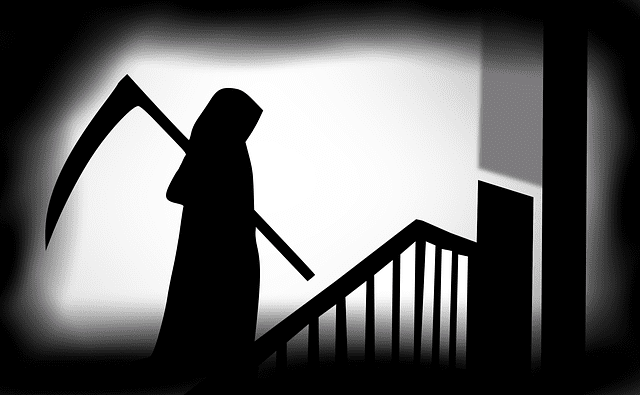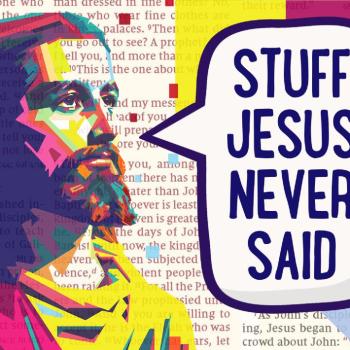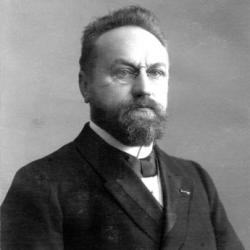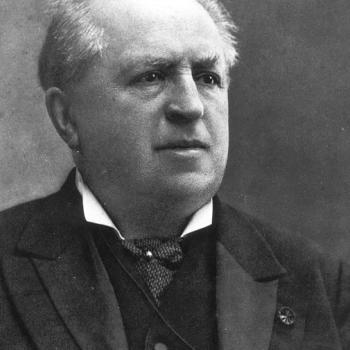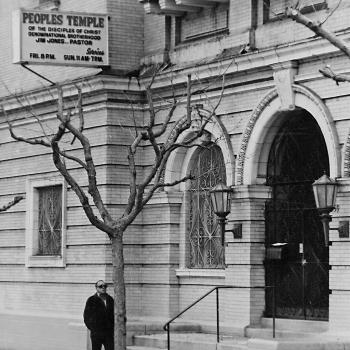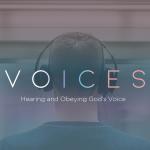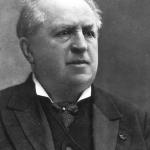Imagining ourselves as no longer existing is, for most of us, terrifying. Buddhism may offer some reassurance. A central tenet of the religion is that all is impermanent and the self is actually an illusion. If there is no self, then why fear the end of the self?
To find out if the logic of the Buddhist perspective eliminates existential fear, Shaun Nichols at the University of Arizona and his colleagues surveyed hundreds of monastic Tibetan Buddhists (monks-in-training) in exile in India, as well as lay Tibetans, Tibetan Buddhists from Bhutan, Indian Hindus and American Christians and atheists.
To their astonishment, the researchers report in Cognitive Science that fear of the annihilation of the self was most intense among the monastic Buddhists, and that the monastic Buddhists were less willing than any of the other groups to sacrifice years of their own life for a stranger.
[Keep reading. . .]
The full study is available (for a fee) here: Death and the Self, in Cognitive Science. Authors: Shaun Nichols, Nina Strohminger, Arun Rai, and Jay Garfield.
Abstract
It is an old philosophical idea that if the future self is literally different from the current self, one should be less concerned with the death of the future self (Parfit, 1984). This paper examines the relation between attitudes about death and the self among Hindus, Westerners, and three Buddhist populations (Lay Tibetan, Lay Bhutanese, and monastic Tibetans). Compared with other groups, monastic Tibetans gave particularly strong denials of the continuity of self, across several measures. We predicted that the denial of self would be associated with a lower fear of death and greater generosity toward others. To our surprise, we found the opposite. Monastic Tibetan Buddhists showed significantly greater fear of death than any other group. The monastics were also less generous than any other group about the prospect of giving up a slightly longer life in order to extend the life of another.
But if you think your self–your conscious personal identity–is going to dissolve, whether you are a materialist or a Buddhist, of course you are going to want to hang on to it! Of course you are going to dread its dissolution.
Christianity, in contrast, teaches that the self–transformed, to be sure, but retaining your personal identity, history, and self-consciousness–will be preserved by God and raised into eternal life. The self survives. Death will no more have dominion.
Yes, we still fear, dread, and hate death. This is because we are sinners and death is our wage. The eternal life of the self can be a horror, if we must exist forever under God’s judgment.
But, if we are in Christ, it’s a different story. We do have an “old self” contaminated by sin, but Christ also gives us a “new self” (Ephesians 4:22-24). Because our sins are taken away and atoned for, after death–when our sinful nature dissolves–we will enjoy an eternal conscious existence.
I know that atheists say that they don’t fear death. They didn’t exist before they were born, and they won’t exist after they are dead, they say, so what’s the problem? And some Christians, for all of their faith, are still terrified of dying. This varies, I suppose. I know that as I am getting older and older, and thus closer and closer to death, I fear it less and less.
How about you?


